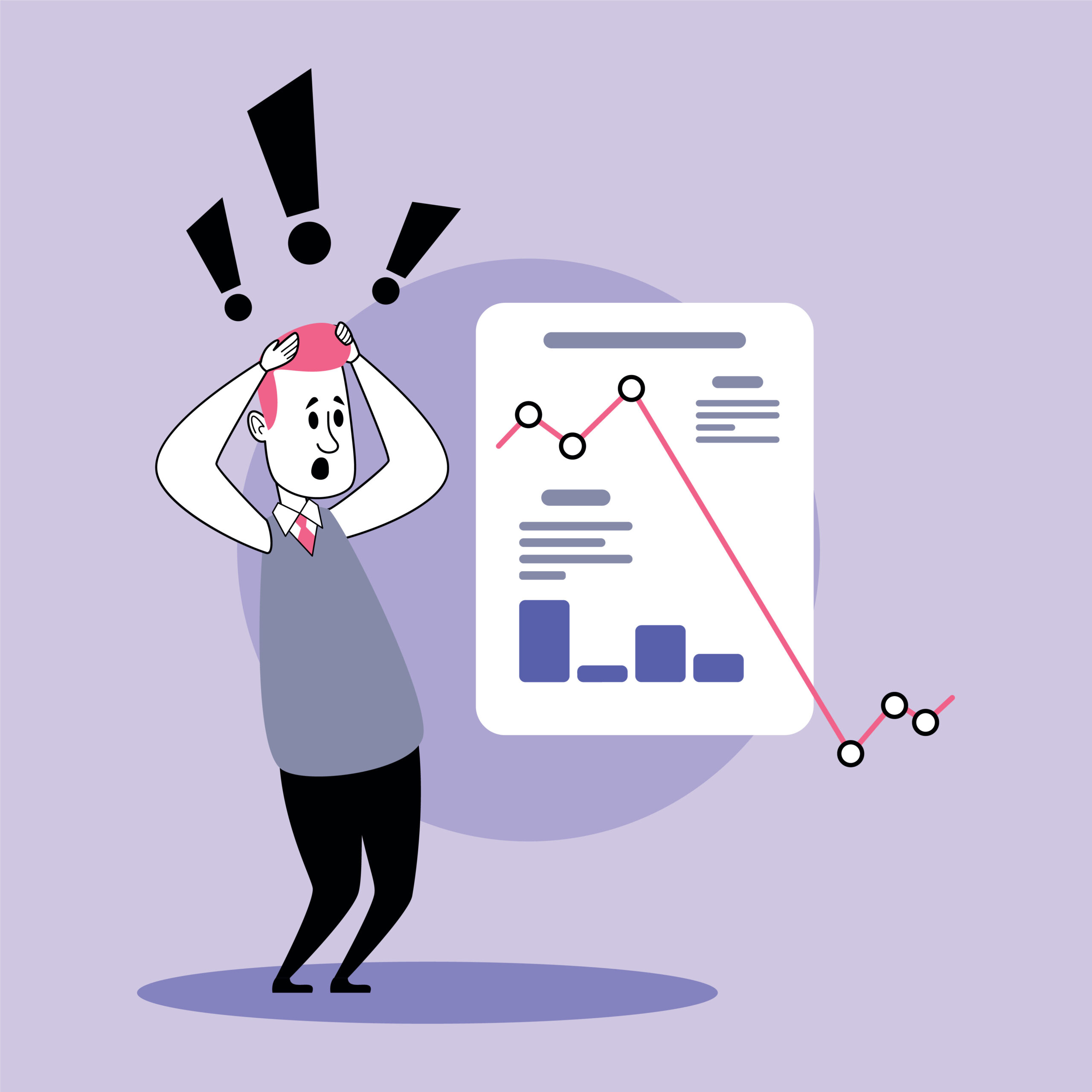Posts tagged Supreme Court
20 Wonderful Nurseries Farmworkers Seek to Join Federal Challenge to Biased Pro-Union Boss California Agricultural Labor Law
February 6, 2025 // “UFW union officials deceived us just so they could gain power in our workplace,” Chavez and Gutierrez commented after filing charges. “Instead of just letting us vote in secret on whether we want a union, they went around lying and threatening to get cards and now are cracking down on anyone who speaks out against the union.”
Opinion: Government Unions Are Hemorrhaging Members. Here’s Why.
February 4, 2025 // The numbers tell a stark story. While overall union membership sits at 9.9%, Big Labor still maintains a stranglehold over public employees, 32.2% of whom are union members. Of the 14.3 million union members nationwide, half work in government jobs, with teachers unions alone accounting for nearly one-quarter of all union members.

Commentary: In New Record Low, Unionization Rate Falls to Single Digits in 2024
February 3, 2025 // By focusing on individual workers’ desires and on helping workers achieve long-term wage gains through increased productivity (which require allowing technology and automation that enhance productivity), unions could begin to reverse their decline. And policymakers can help prioritize workers’ rights and voices by allowing voluntary labor organizations and reducing government-imposed barriers to work.
Trump fires EEOC and labor board officials, setting up legal fight
January 29, 2025 // Due to existing vacancies, Wilcox's ouster leaves the board with just two members, short of the quorum it needs to adjudicate even routine cases. (The board, when fully staffed, has five members.) With this move, Trump has effectively shut down the NLRB's operations, leaving the workers it defends on their own, AFL-CIO president Liz Shuler said in a statement.
Trump Faces Federal Employee Unions in Government Efficiency Battle
January 3, 2025 // “For President-elect Trump to succeed at making the federal bureaucracy more efficient and accountable to the American people, he’ll have to once again do battle with federal unions,” Max Nelsen, a labor policy expert at the Freedom Foundation, told The Center Square.
MICHIGAN: Unions licensed to deceive (editorial)
December 28, 2024 // With the enactment of Senate bills 790 and 791 in October, Michigan homecare providers are classified as public employees. Those are individuals — many of whom care for elderly or disabled family members — who receive a stipend from government programs for their work and sacrifice. The state law sets up homecare workers to be pressured into union membership and made to pay dues to the Service Employees International Union. Those caregivers get no benefit from union membership, because the amount of the stipend is decided legislatively and is not subject to collective bargaining. Providers need every cent available to them as they minister care.

Opinion:The Fall of Florida’s ‘Zombie Unions’
December 26, 2024 // The Florida Education Association (FEA), which represents teachers and school staff, has lost about 13% of its members since 2023, according to a review of federal data by the Mackinac Center for Public Policy. That’s because members in several school districts voted not to recertify their chapters, allowing them to disband.
Schumer moves to lock in place Democrat-majority labor board
December 11, 2024 // Senate Democratic leader Chuck Schumer is attempting to ensure that the Democrats retain control of the National Labor Relations Board, the main federal labor law enforcement agency, until at least 2026 by extending the term of its current chairwoman, Lauren McFerran. A Senate floor vote on McFerran’s nomination is pending and, while it is possible that Senate Republicans could block it, it is not clear if enough will show up for the vote to do that. The vote may happen on Wednesday. This matters because the current board has been an aggressive advocate for unionization.
Legal Update: Three Major NLRB Updates Pose New Challenges for Employers
December 9, 2024 // Employers must remain diligent in staying abreast of these recent shifts in labor law and policy, especially on the cusp of an administration change. While GC Abruzzo’s term appears likely to end early in 2025, and the Board majority could flip in 2025 or 2026, the new Republican administration’s position on labor policy remains unclear, especially in light of the recent nomination of a pro-labor nominee to lead the Department of Labor.
Top 3 Ways Teamsters Boss Sean O’Brien Stabbed President Trump In The Back
November 21, 2024 // More than $2.6 million in Teamsters political donations went toward registered Democrats and Democratic campaign arms. The Teamsters also funded anti-Trump activist groups like the ACLU that plan to bury a second Trump term in litigation. This should come as no surprise. When Trump was in office, the Teamsters worked to sabotage passage of the Trump Tax cuts and prevent confirmation of Trump’s Supreme Court picks. 94% of Teamsters political spending has gone to Democrats since 1990. The Teamsters rank-and-file voted for Trump because he supports worker freedom.
